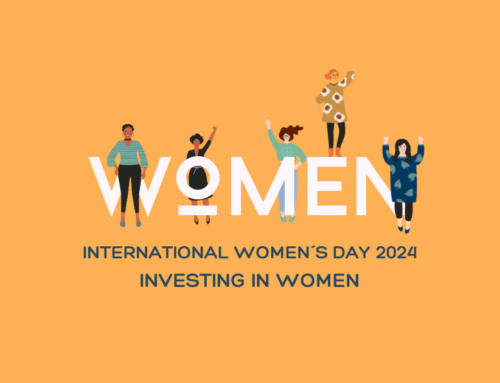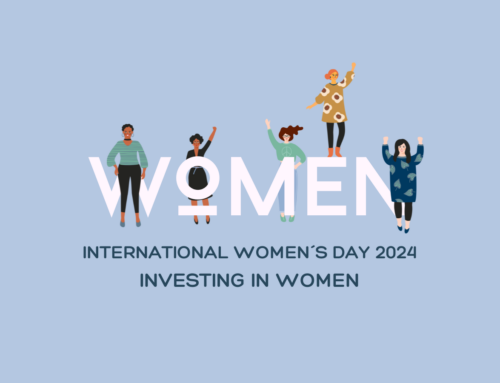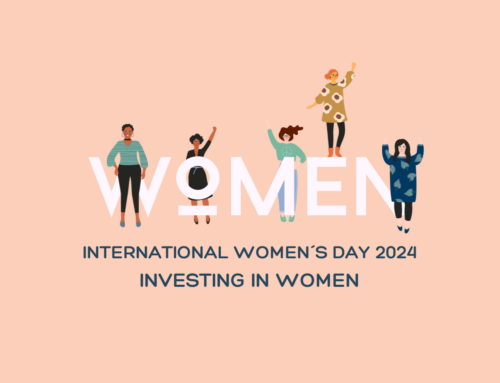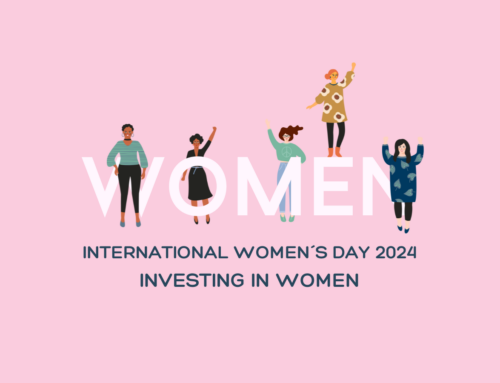Women earning less over the course of their careers could spell poverty in retirement—and affect the entire U.S. economy.
By Lydia Dishman, Reposted from Fast Company
Just ahead of Equal Pay Day (April 12) Carolyn B. Maloney (D-N.Y.), ranking member of the U.S. Congress Joint Economic Committee (JEC) released a new report that takes another hard look at the gender pay gap and its long-term effects on women, their families, and the economy.
Although the study found that the wage gap between men’s and women’s median earnings has closed substantially since the 1960s when women were just starting to enter the workforce in large numbers, the report indicates that at the current rate of change, the gender pay gap will not close until 2059. Until it does, a woman working full time, year-round, earns $10,800 less per year than a man, based on median annual earnings. This adds up to nearly a half million dollars over a career.
The report found that on average, the gap hovers around 79%. But that’s the broadest estimate. We’ve reported on the complexity of the gender wage gap. It’s different based on industry (especially in tech) and location. For women of color, the inequity is most stark at less than half what their white, male counterparts are paid. That’s one of the reasons why this 57-page deep dive goes into the latest income data by gender as well as age, race, state, and congressional district.
And forget about playing the trump card of higher education. Despite the fact that more women are earning college degrees, women’s median earnings are lower at every level of education. “In fact, women are often out-earned by men with less education: The typical woman with a graduate degree earns $5,000 less than the typical man with a bachelor’s degree,” the report’s authors write.
The Wage Gap, Career Stage and Retirement
One of the less well-known issues in the wage gap is its effect on women at different stages of their careers. Millennials stepping on to the career ladder for the first time may not even feel the gap in their salaries. More than 10,000 millennial women surveyed by Levo didn’t believe there was a gender wage gap at all. The report found that there was a disparity among those aged 18-24 (women earned 88% of what their male counterparts earn).






